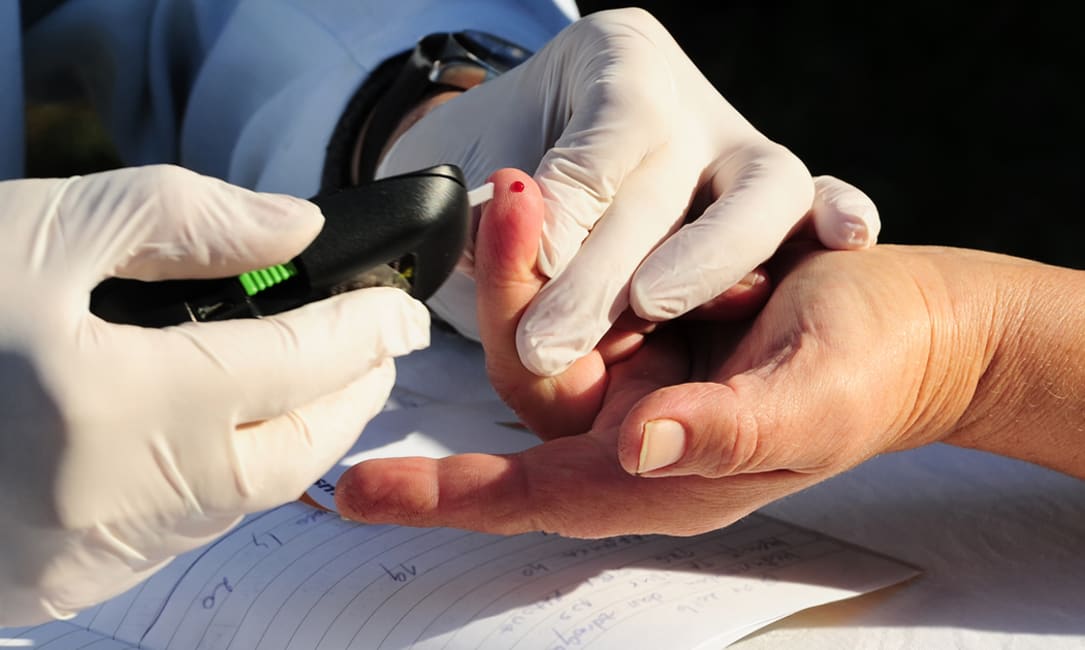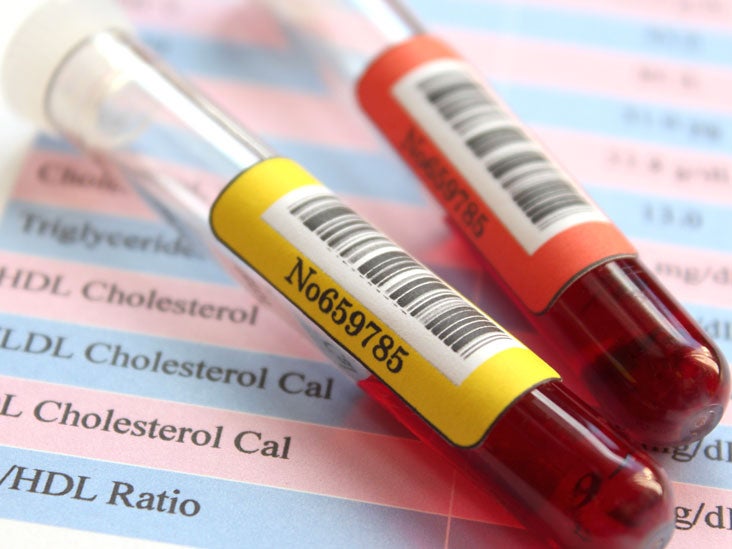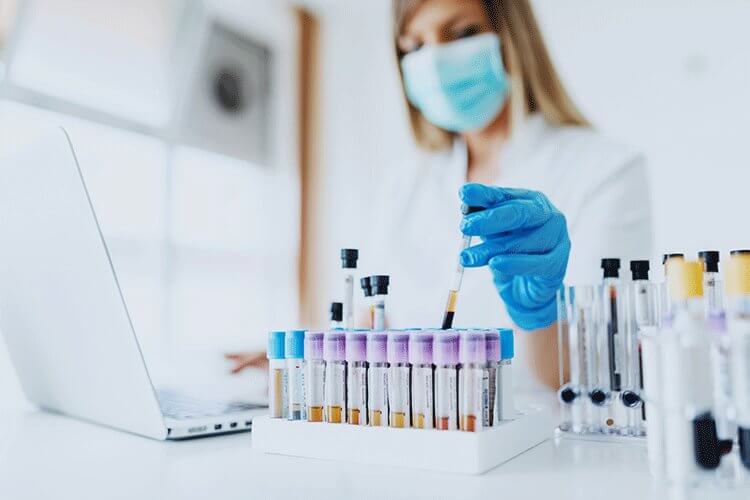Most of us are guilty of ignoring our health. Not paying attention to what is going on in our bodies can often lead to unpleasant surprises. That is where TestJeG Check-U comes in. Check-U collects blood samples for different tests. The organization works with certified hospital laboratories in the Netherlands. They collect your blood samples and analyses them for different conditions.
Register at today and stay on top of your health!
Listed below are the different types of tests that you can get done and know about your internal health:
Cholesterol

Our body needs cholesterol, a fatty substance, for building cells and hormones. The body cannot function without it. However, excess cholesterol is harmful. The liver makes cholesterol, and it is absorbed from food. The makes it in sufficient amount for the proper functioning of the body. The normal range is below 5.0.
If the cholesterol level is between 5.0 and 6.5, one should get their HDL, LDL, and triglyceride levels checked. If above 6.5, consult your physician for a test repeat or follow-up.
Healthy Heart, Healthy Life. Get your cholesterol levels checked today.
Glucose

One has to get the glucose levels checked for measuring diabetes mellitus. That is also called sugar disease. 1 in 14 Dutch people has diabetes. You can save yourself from the trouble with early detection. For more accurate results, the test has to be repeated if the value exceeds the non-fasting test.
The sooner you know, the better the prospects for your health.
Keep your glucose levels in check!
Triglycerides

This test measures the number of triglycerides in the blood. These are the fat stored in the body and the adipose tissues stores them. Some triglycerides are present in the blood and give energy to muscles. Blood has more triglycerides after you eat a meal as the intestine transfers them to the adipose tissue (fat storage) via blood. This test can be performed only when you haven’t had a meal recently.
A blood test for triglycerides is performed along with research for lipids (cholesterol, LDL cholesterol, HDL cholesterol, triglycerides). The chances of getting a cardiovascular disease increase with an increased amount of lipids.
Learn the truth about your Triglycerides
Creatinine (Kidney Function)
An increased amount of creatinine indicated impaired renal function. The sooner it is identified, the better. Doctors request this test to get an in-depth observation of kidney function. It is important to know about kidney health when someone is acutely ill. A creatinine test is also used to monitor the course of the disease and the effect of the treatment. This test is also important before some procedures, like a CT scan that involves administering substances that pose damage to kidneys.
Creatinine value increases due to:
- Inflammation in kidney
- Autoimmune disease
- Damage to kidney cells (ingesting harmful substance)
- Processes hindering urination (kidney stones, prostate disease)
- Increased muscle damage
- Less blood flow to the kidney due to dehydration, heart failure, shock, vascular disease, and complications of diabetes.
Decreased value is not always an issue. Cases that decrease muscle mass, such as amputation or being bedridden also reduce creatinine levels in the blood, as well as during pregnancy.
Find a TestJeG Check-U point near you today!


















